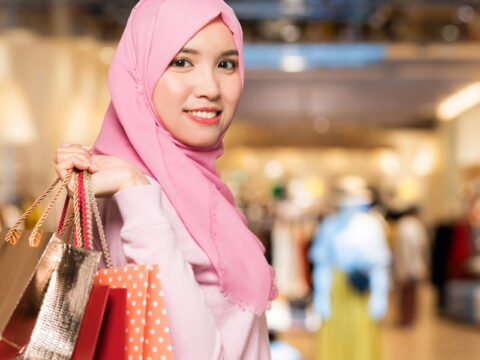SEATTLE, WA: Alcohol-free Cosmetics Market gets a high headroom for growth with rising demand from the ecommerce space and improving earning visibility , Alcohol is used in many cosmetics as a preservative against bacteria and as a solvent. Furthermore, because of its anti-inflammatory and deodorising properties, alcohol is widely used in a variety of cosmetic products, including skin care, hair care, fragrances, and others.
Overview
Most cosmetic brands use alcohol to create a weightless feel and a quick drying finish. But the problem is that these ingredients can leave users with long-term side effects. Using alcohol-free cosmetics helps the environment and reduce carbon footprint. These products also tend to use organic or natural ingredients, which is another reason to choose alcohol-free options. While most alcohol-free cosmetics contain ethyl alcohol, many still contain other types of alcohol. These include fatty alcohols, which have a light feel and a moisturizing effect. Simple alcohols are commonly used in facial cleansers and toners. These products may cause skin irritation and blemishes.
Competitive Landscape
Major companies contributing to the global alcohol-free cosmetics market include IBA Halal Care, Amara Halal Cosmetics, Martha Tilar Group, Ecotrail Personal Care, Inika Organic, Clara International Beauty Group, Paragon Technology and Innovation, and Talent Cosmetics Ltd.
Drivers
The increasing inclination of consumers towards natural ingredients in beauty products in lieu of chemical-based cosmetic products is expected to propel growth of the alcohol-free cosmetics market over the forecast period.
Moreover, the growing trend of using halal perfume products is expected to aid the growth of the alcohol-free cosmetics market throughout the forecast period.
Summary of the COVID-19 Aftermath
The inception of the COVID-19 crisis has created a temporary hindrance in the global alcohol-free cosmetics market. The crisis-fueled halt of production facilities and delay or cancelation of shipments has significantly influenced the personal care and cosmetics industry. On the plus side, as lockdowns are lifted, the market is retaining its pre-pandemic momentum.
Key Takeaways
The alcohol-free cosmetics market is anticipated to grow at a CAGR of during the forecast period owing to the increasing product launches and approvals combined with a flourishing cosmetics industry. For instance, in November 2021, a personal care provider firm, Unilever, filed a patent for its antiperspirant formula that uses non-alcohol actives, plasticizers, and polymers to minimize excessive sweating.
From a geographical standpoint, the Asia Pacific region is in the pole position in the global alcohol-free cosmetics market on the heels of a large consumer base and wider acceptance from the ecommerce sector. In the runner-up spot, the European region is another hot contender for the global alcohol-free cosmetics market on account of a robust fashion industry and increasing promotional activities on social media platforms.




